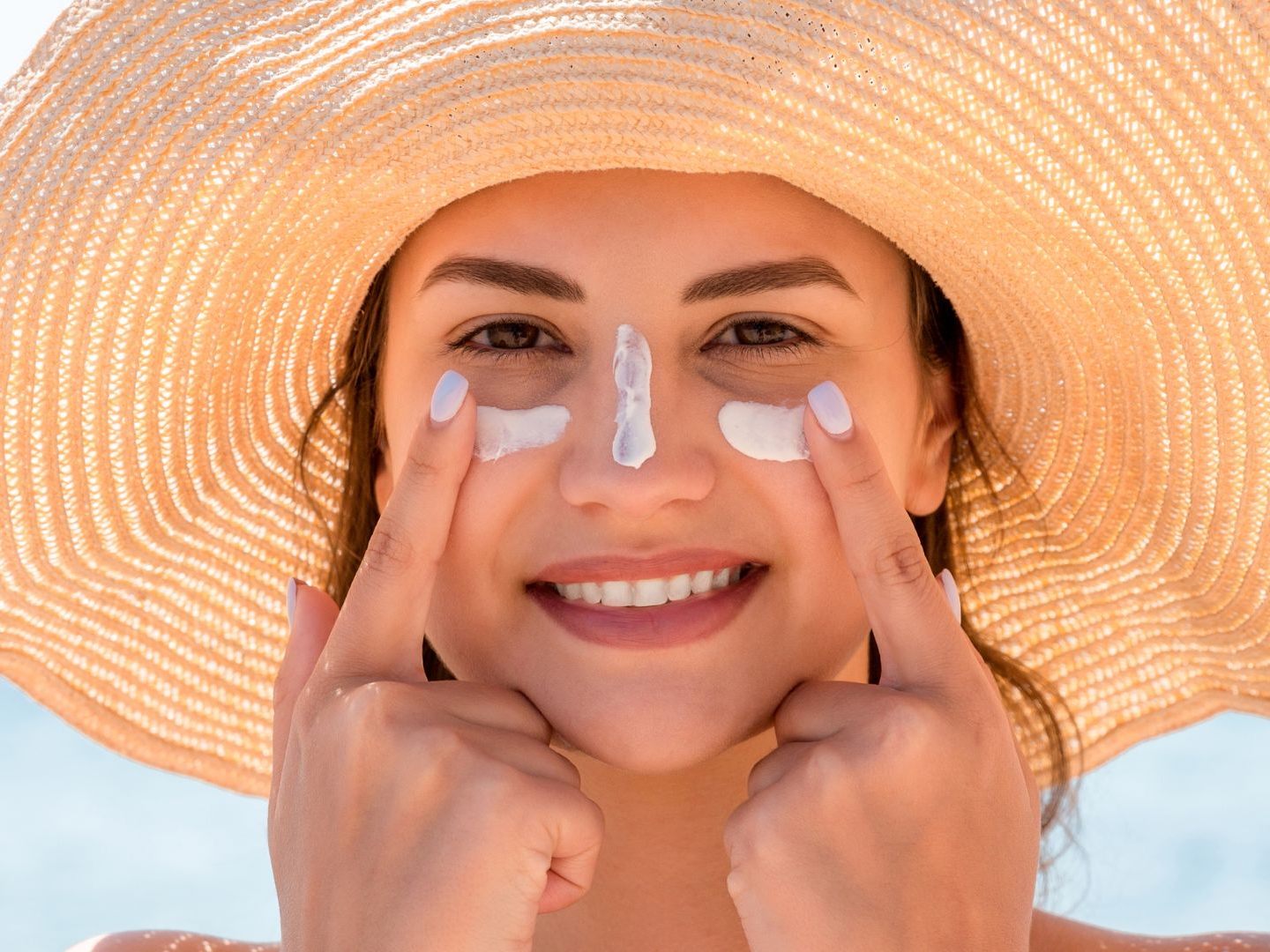UV Protection in Sunscreens is Convincing - But There is a Problem

Twelve facial sunscreens with a sun protection factor of 30 or more were tested by consumer advocates, and eleven products proved to be reliably protective. This was reported by the Association for Consumer Information (VKI) on Thursday. One product failed because it did not provide adequate UV-B protection. However, it is a discontinued product that is rarely available in stores.
In terms of environmental compatibility, however, no sunscreen was convincing. Therefore, there were no top marks.
Facial Sunscreens: Good for the Skin, Less for the Environment
Most sunscreens still received a "good" rating: Overall, ten were rated "good," one "average," and one "unsatisfactory."
"UV-A radiation is one of the main causes of wrinkles and a significant factor in the development of all types of skin cancer," reminded VKI project manager Birgit Schiller. "UV-B radiation, on the other hand, is directly responsible for sunburn and also plays a role in the development of skin cancer."
Except for one product, all tested sunscreens were convincing in terms of UV protection. The "Ultra Sensitive Sonnenfluid" from Bipa's own brand "BiCareSun" failed. According to the testers, it offered "only inadequate protection against UV-B radiation." However, this Bipa own brand is currently no longer being sold.
Call for the elimination of outer packaging
In evaluating environmental properties, the impact of ingredients on the environment, the ecological nature of the packaging material, and how well it can be recycled were examined. "As in previous tests, there is still significant room for improvement here," criticized Schiller. Many products could achieve a significantly better environmental balance by eliminating outer packaging.
"Environmentally critical substances are contained in all creams." Therefore, in terms of environmental compatibility, only two out of twelve products received an "average" rating, with the rest performing even worse.
In the application test, however, all products performed "well." Compared to traditional sunscreens, products specifically for the face are easier to apply and absorb faster, according to Schiller. They are not actually necessary. "A traditional sunscreen can, of course, be used just as well for the face and is usually cheaper."
(APA/Red)
This article has been automatically translated, read the original article here.





